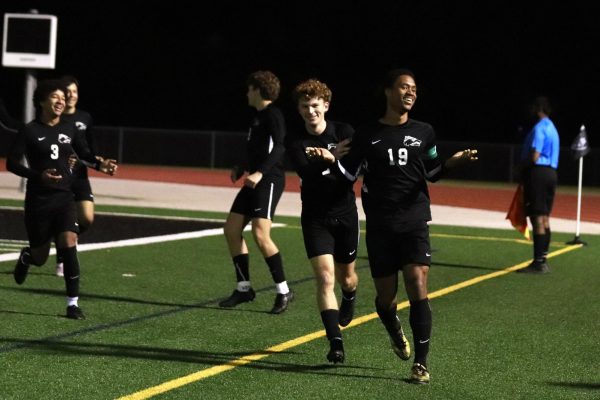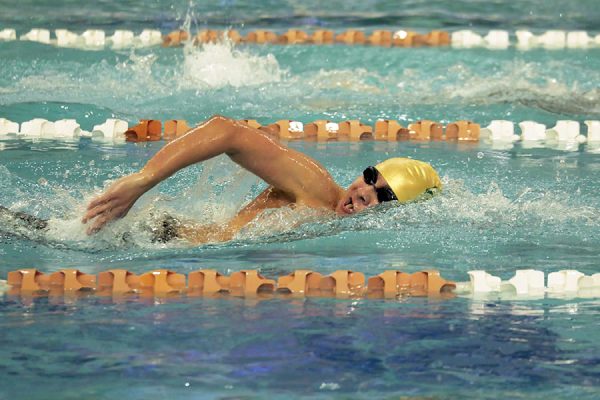Teaching Blues
An Insight into how Teachers are Affected by COVID-19
With changes due to COVID-19, students are now expected to complete a series of virtual assignments and attend meetings as needed. Given the status quo, academic learning has been modified to better fit the variety of situations students are in. “For the most part, and for the majority of the students I would say [that they are meeting expectations],” AP Human Geography and AP Seminar teacher Cassandra Gray said. “I teach both AP Human Geography and AP Seminar and AP Exams are still happening, so there is a lot of review and prep work going into the next few weeks. For the most part, [the] majority of the students are completing the assignments as they are intended and are trying their best on them in order to get accurate feedback.”
May 22, 2020
The COVID-19 pandemic has affected all people equally, from closed schools to confinement at home. Although the response towards this unfortunate disaster is common, the ways people have been affected are far from common.
As this phase of quarantine drags on, schools and districts have shifted into a chapter of virtual learning. Students are now expected to complete a series of virtual assignments and attend meetings as needed. Given the status quo, academic learning has been modified to better fit the variety of situations students are in. LeanderISD has canceled many examinations such as STAAR Tests and has eased the weighting of grades, for example. But even so, teachers are trying their best to make sure students are getting the most out of this.
“For the most part, and for the majority of the students I would say [that they are meeting expectations],” AP Human Geography and AP Seminar teacher Cassandra Gray said. “I teach both AP Human Geography and AP Seminar and AP Exams are still happening, so there is a lot of review and prep work going into the next few weeks. For the most part, [the] majority of the students are completing the assignments as they are intended and are trying their best on them in order to get accurate feedback. As always, there are some students, who would have even struggled in class to keep up with assignments, and it is hard to be away from them so I cannot constantly remind them.”
On top of supervising student work, teachers have their own work to do as well. Although the intensity of this work and the hours they spend working vary for each teacher, ultimately all teachers are having to spend the majority of their day keeping on top of work.
“[The amount of work I have to do] varies on the day,” Gray said. “Typically Monday and Tuesday are busy days for me because I am grading assignments that were turned in the week before. Grading these assignments, and leaving personal feedback on all my students’ work can take hours each one of those days. Wednesday and Thursday are lighter days. And then Friday is another big day in order to prepare assignments for the next week. I spend a lot of my day responding to emails as soon as I can, and I am on about four to five video calls a week.”
Apart from instruction, the teachers also have to respond to other challenges at home. One of the most prominent issues being technological and communication issues.
“It is challenging to communicate with parents and students,” chemistry teacher Sabrina Kokkosoulis said. “I do not always have the technology available. For example, I cannot email from the gradebook [to] individual students and parents, [so] [I] have to rely on email addresses and phone numbers that are not always valid.”
While some teachers struggle with the new technological format of teaching, others struggle to work amidst the distractions in their home.
“My biggest challenge is getting through the day,” Gray said. “Working from home is hard. Trying to grade, respond to emails, participate in video calls, record video lectures, make assignments and follow up with ‘no show’ students, all while dealing with a four-year old who is impatient and doesn’t understand the full scope of what is going on and a dog who constantly wants in and out. It is hard. But I am just taking it day by day, and when I am done for the day I sign off, and I take a break.”
Aside from the challenges of teaching, personal interaction has also been deviated as a result of the virus. Even with many communication networks to use, many teachers long to teach in person.
“I miss my students.” Gray said. “ One of the things I love most is getting to know my students, developing inside jokes, and learning from [them]. Being behind a computer screen all day is so impersonal and isolating.”
Even so, the circumstances are far more different for teachers who teach subjects such as languages. For this reason, they have different challenges to tackle.
“In language classes we love to see our students interact in Spanish,” Spanish teacher Larisa Kulis said. “Normally, these music video projects are in small groups or pairs and we all have an opportunity to watch the videos and the students add their personal touch and creativity with their friends or classmates, and we are more limited in that regard by this online experience.”
Even if they miss their students, teachers are mesmerized by the amount of optimism from the students’ part. Many teachers have come to appreciate what their students have been doing.
“I am happy to see that most of my students are responsible, dedicated, and put effort in their work, assignments/projects,” Kulis said. “I feel like they show more accountability and a level of maturity that is displayed at a difficult time for many families, and through this online experience we rely on students to do their part more than ever. Being actively engaged and responsible for these assignments is amazing at any age but especially for young adolescents.”

![Posing with their UIL State Trophy, the Robolobos Van Halen Team beams with excitement after their win. “It was a team effort,” junior Noah Vo said. “I was happy because something happened in the first match and the match was also really close. So [when] they finally revealed it, I was pretty happy.” Photo courtesy of Amy Lovelace](https://cphswolfpack.com/wp-content/uploads/2025/05/IMG_0910-EDIT-1200x723.jpg)

![Broadcast, yearbook and newspaper combined for 66 Interscholastic League Press Conference awards this year. Yearbook won 43, newspaper won 14 and broadcast took home nine. “I think [the ILPC awards] are a great way to give the kids some acknowledgement for all of their hard work,” newspaper and yearbook adviser Paige Hert said. “They typically spend the year covering everyone else’s big moments, so it’s really cool for them to be celebrated so many times and in so many different ways.”](https://cphswolfpack.com/wp-content/uploads/2025/05/edited-ILPC.jpg)











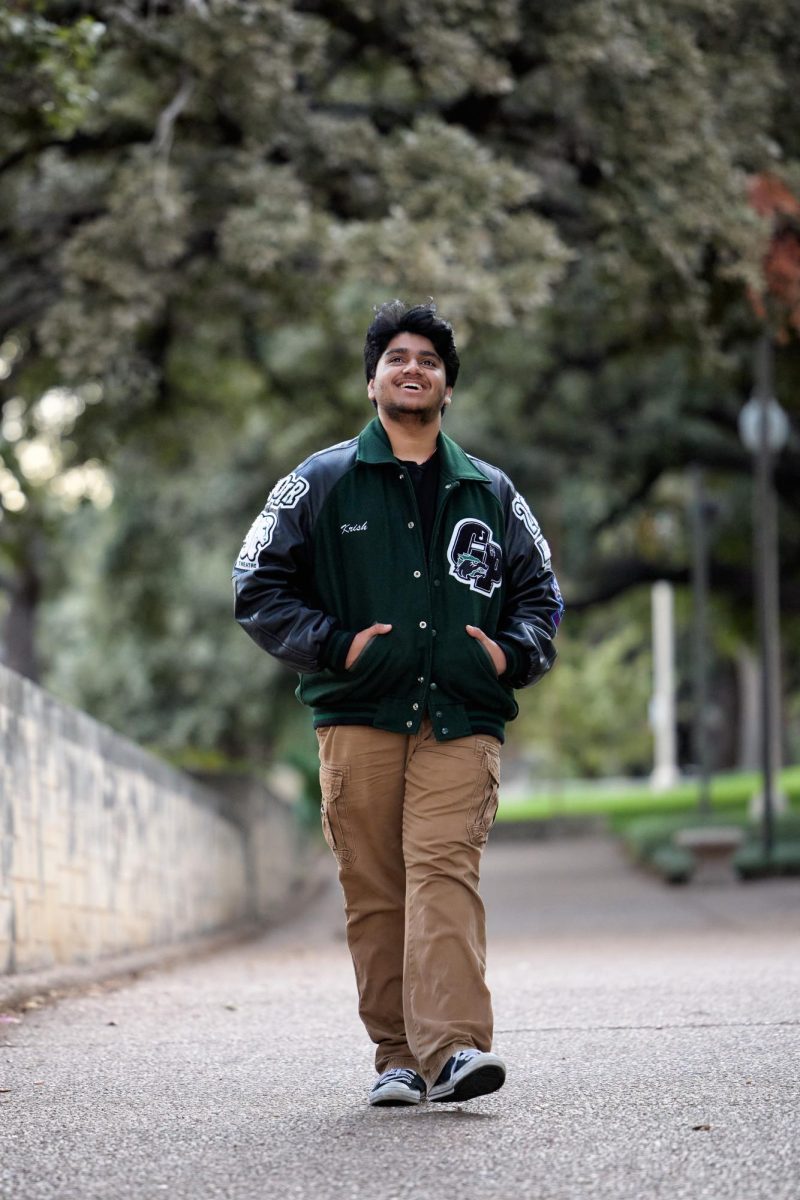

![Bringing her arm over her head and taking a quick breath, junior Lauren Lucas swims the final laps of the 500 freestyle at the regionals swimming competition on date. Lucas broke the school’s 18-year-old record for the 500 freestyle at regionals and again at state with a time of 4:58.63. “I’d had my eye on that 500 record since my freshman year, so I was really excited to see if I could get it at regionals or districts,” Lucas said. “ State is always a really fun experience and medaling for the first time was really great. It was a very very tight race, [so] I was a bit surprised [that I medaled]. [There were] a lot of fast girls at the meet in general, [and] it was like a dogfight back and forth, back and forth.” Photo by Kaydence Wilkinson](https://cphswolfpack.com/wp-content/uploads/2025/03/Kaydence-2.7-23-edit-2.jpg)
![As the support team sits and poses for a photo in the cafeteria with the counseling team they eagerly wait to start their day. "We [all] seem to be a team, I get up every day and there's days where I don't want to go to work today, but I'm thankful that I have a job and I'm blessed to have what I have," Christopherson said. Photo Courtesy of Julie Weltens.](https://cphswolfpack.com/wp-content/uploads/2025/01/AF9E8470-10D7-4C91-BF28-EC8F86BAB66C-1200x852.jpeg)
![Officer Stephanie Cash is in her second year as an SRO at CPHS. “Seeing [students] grow over the years has been kind of cool,” Officer Cash said. “Freshmen that [are] all over the place and then in the next couple of years get a little more squared away and go to class and do work and start thinking about the future. Being a part of a student's growth is the best way to measure my success as an SRO.” Photo Courtesy of Cedar Park Police Department's PIO, Alicia Gallagher.](https://cphswolfpack.com/wp-content/uploads/2024/12/CPHS-SRO-900x1200.jpg)


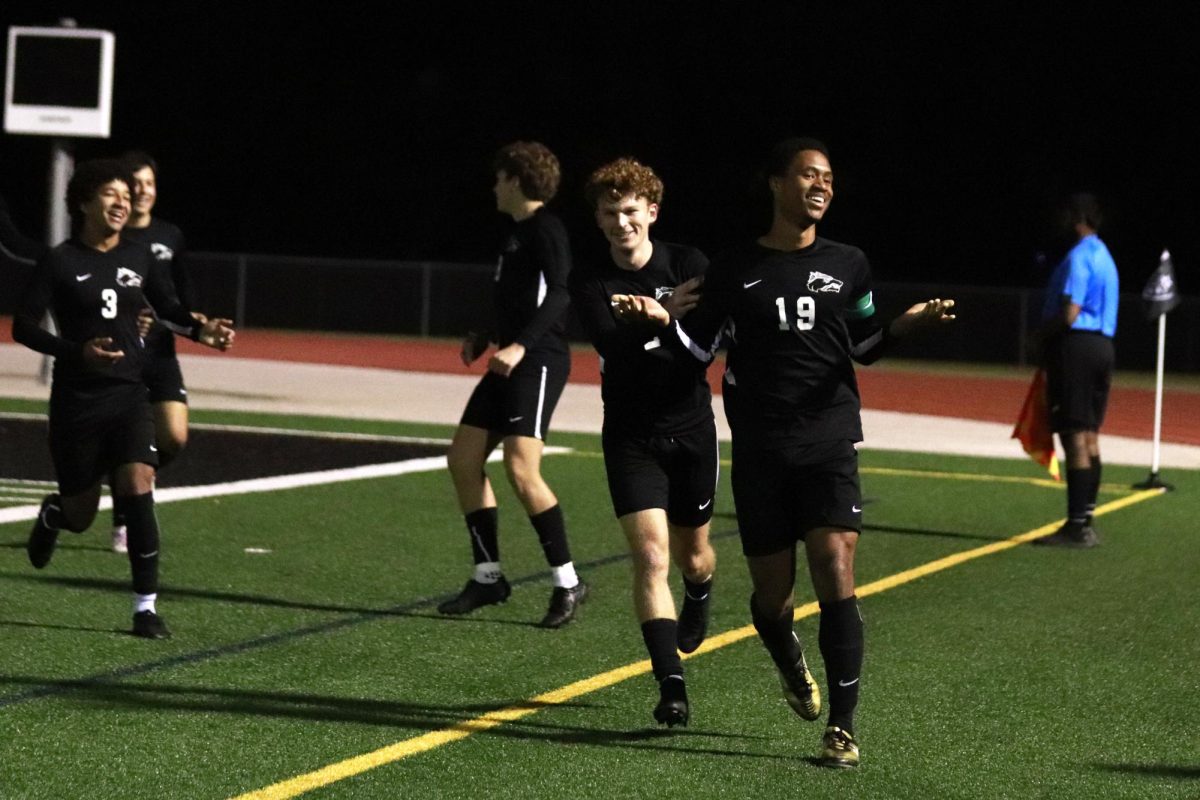
![Taking a breath as he raises his arm up and out of the water, sophomore Kaden Padilla swims the 500 freestyle at the UIL state meet on Feb. 21-22. Padilla placed 10th overall and second in the consolation final in the event, dropping two seconds. “My family was there, so being able to drop time for them was really special,” Padilla said. “It was awesome [finding out I advanced to the consolation finals]. I wasn’t expecting it, and I was very surprised. My parents being there definitely made me a lot happier knowing they got to see me swim in finals.” Photo by Skyler King.](https://cphswolfpack.com/wp-content/uploads/2025/03/kaden-padilla.jpg)

![Three defenders try to stop senior point guard Hope Edwards before the ball leaves her hands. The girls basketball team faced Liberty Hill on Feb 21, losing 58-40. “[My season was] definitely bittersweet,” Edwards said. It's definitely sad [because] I'm gonna miss all my teammates, my coaches and just the whole CP environment.”](https://cphswolfpack.com/wp-content/uploads/2025/03/julia-128-1200x800.jpg)













![With changes due to COVID-19, students are now expected to complete a series of virtual assignments and attend meetings as needed. Given the status quo, academic learning has been modified to better fit the variety of situations students are in. “For the most part, and for the majority of the students I would say [that they are meeting expectations],” AP Human Geography and AP Seminar teacher Cassandra Gray said. “I teach both AP Human Geography and AP Seminar and AP Exams are still happening, so there is a lot of review and prep work going into the next few weeks. For the most part, [the] majority of the students are completing the assignments as they are intended and are trying their best on them in order to get accurate feedback."](https://cphswolfpack.com/wp-content/uploads/2020/05/allie-KzUsqBRU0T4-unsplash-900x621.jpg)



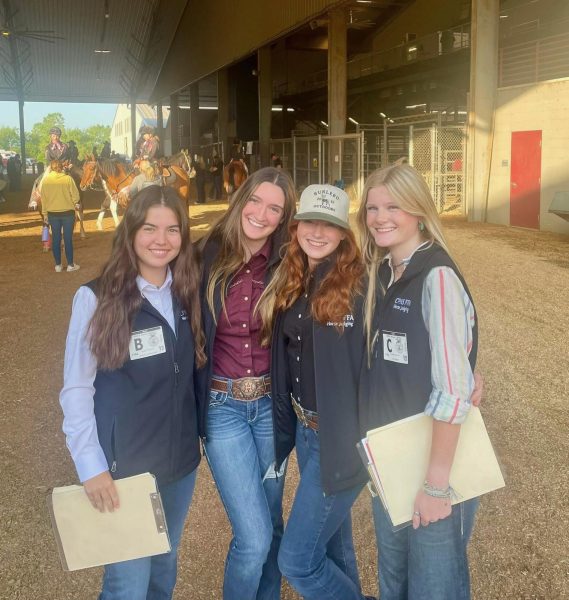



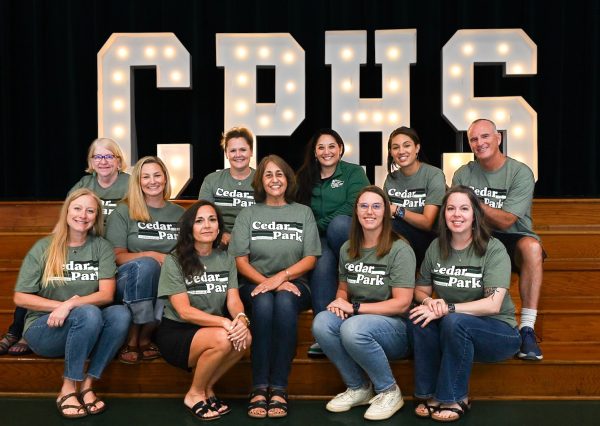
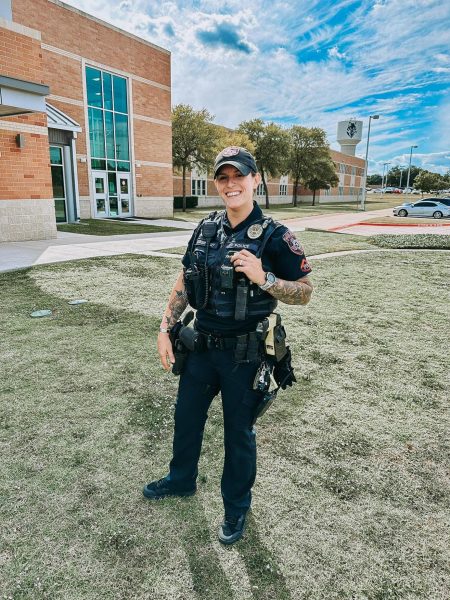



![Whereas classical art depicts a scene and tells a story, often of mythology or religious references, artists of modern times focus more on expressing ideas and feelings. The style of back then has since been replaced by splashes of color, curvy lines and other new art techniques. "[Over time] I think art has shifted more to emotion rather than human beauty, " sophomore Braeden Murray said. "Modern art is significantly more abstract and doesn't have an obvious theme in mind. Very simple shapes, no people to be seen, and more colorful. I think in the older [time period] the art was definitely more human based, with biblical [references] while modern art is more emotion based because it's not depicting a particular scene or action that's happening.”](https://cphswolfpack.com/wp-content/uploads/2023/02/2023-vs-1503-300x200.png)


